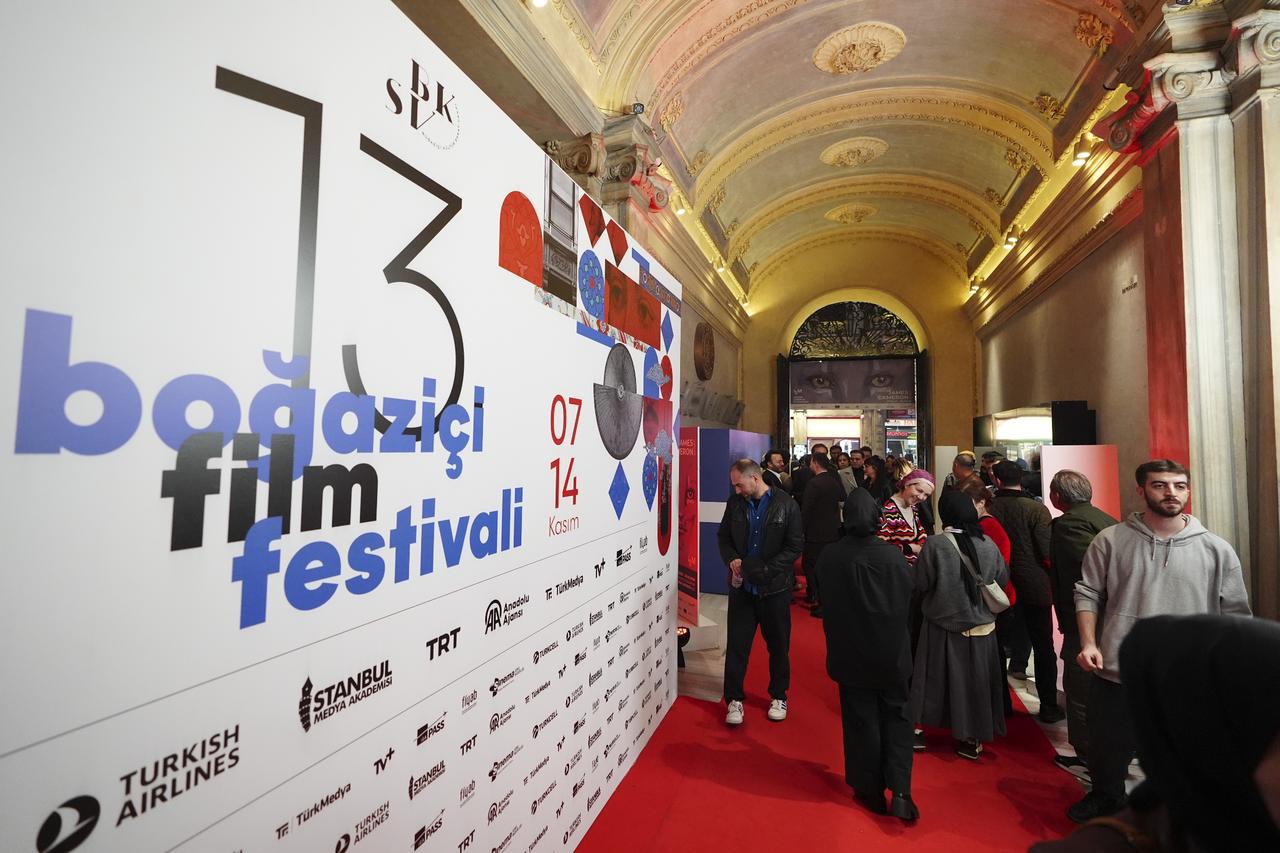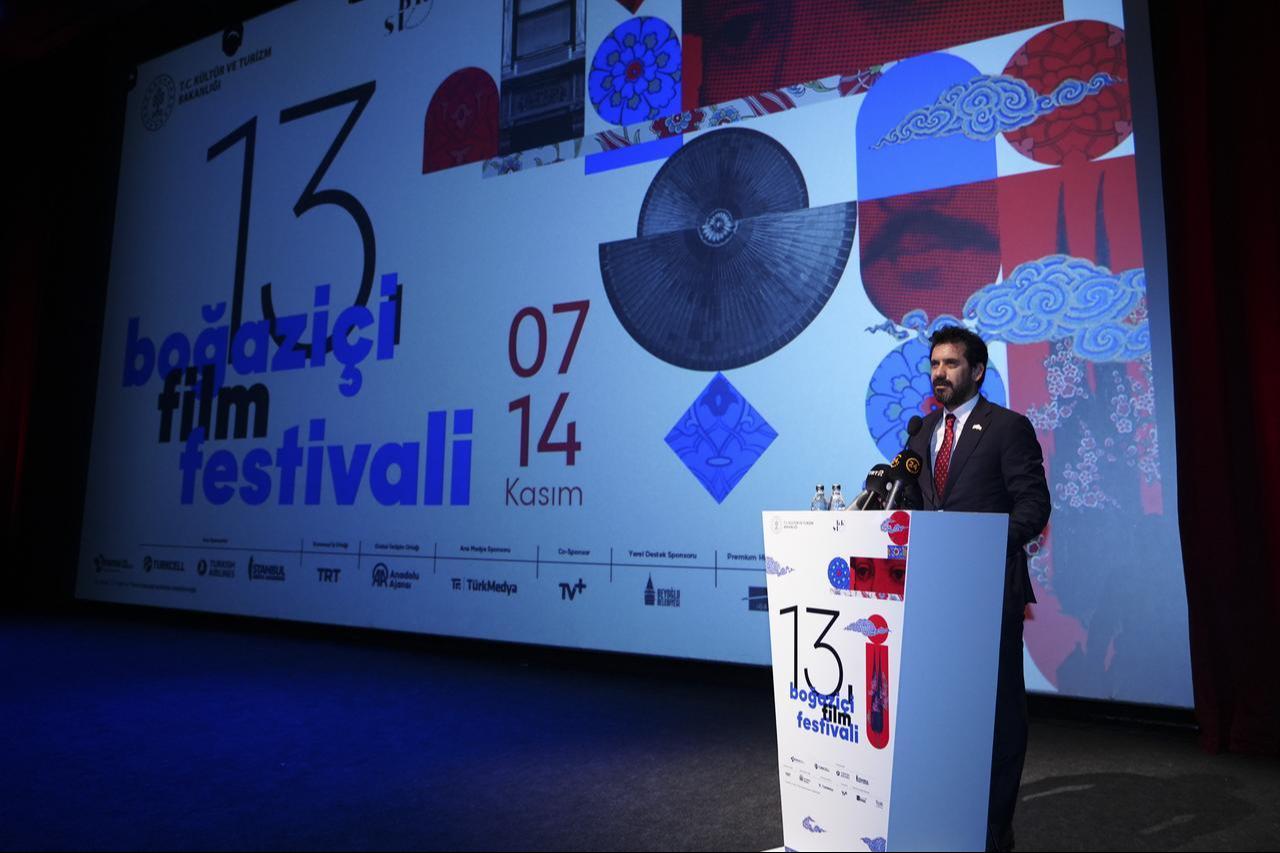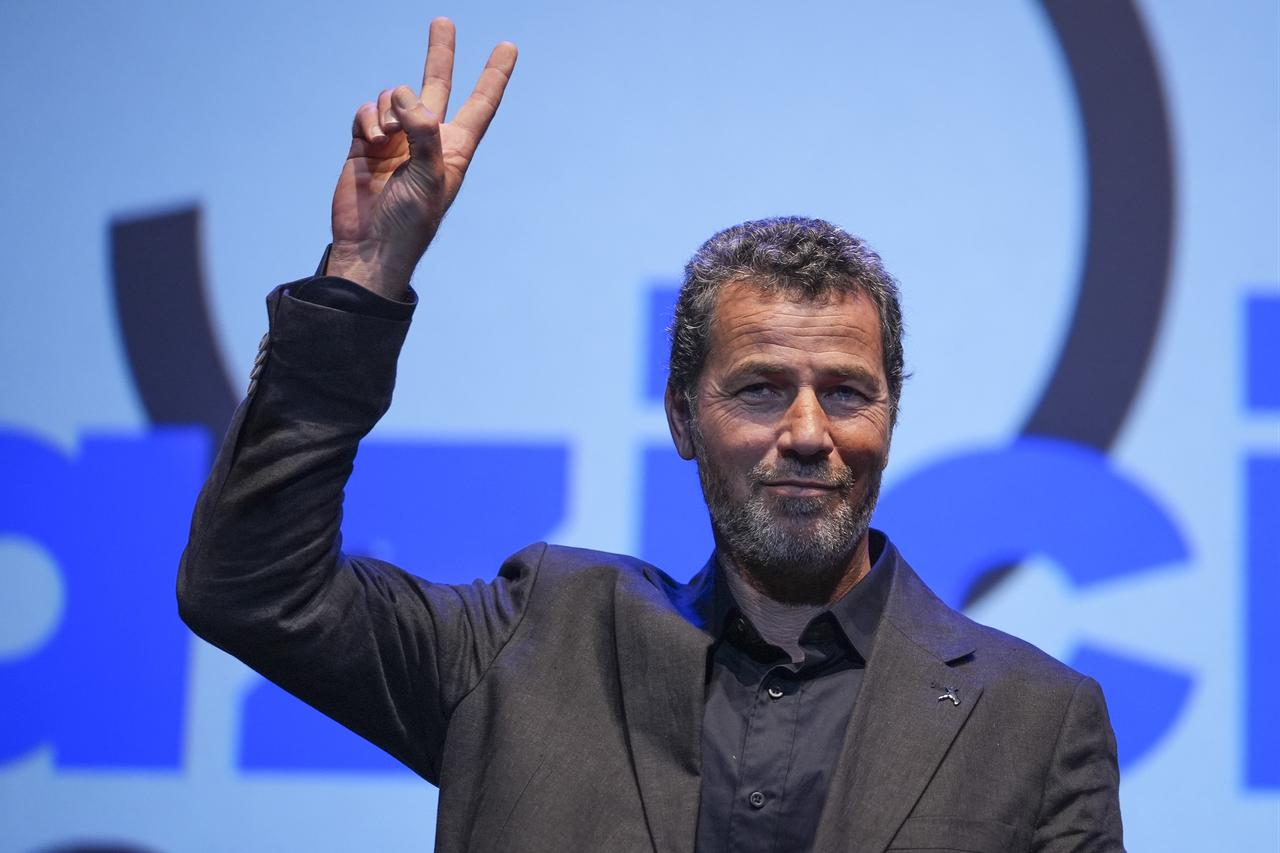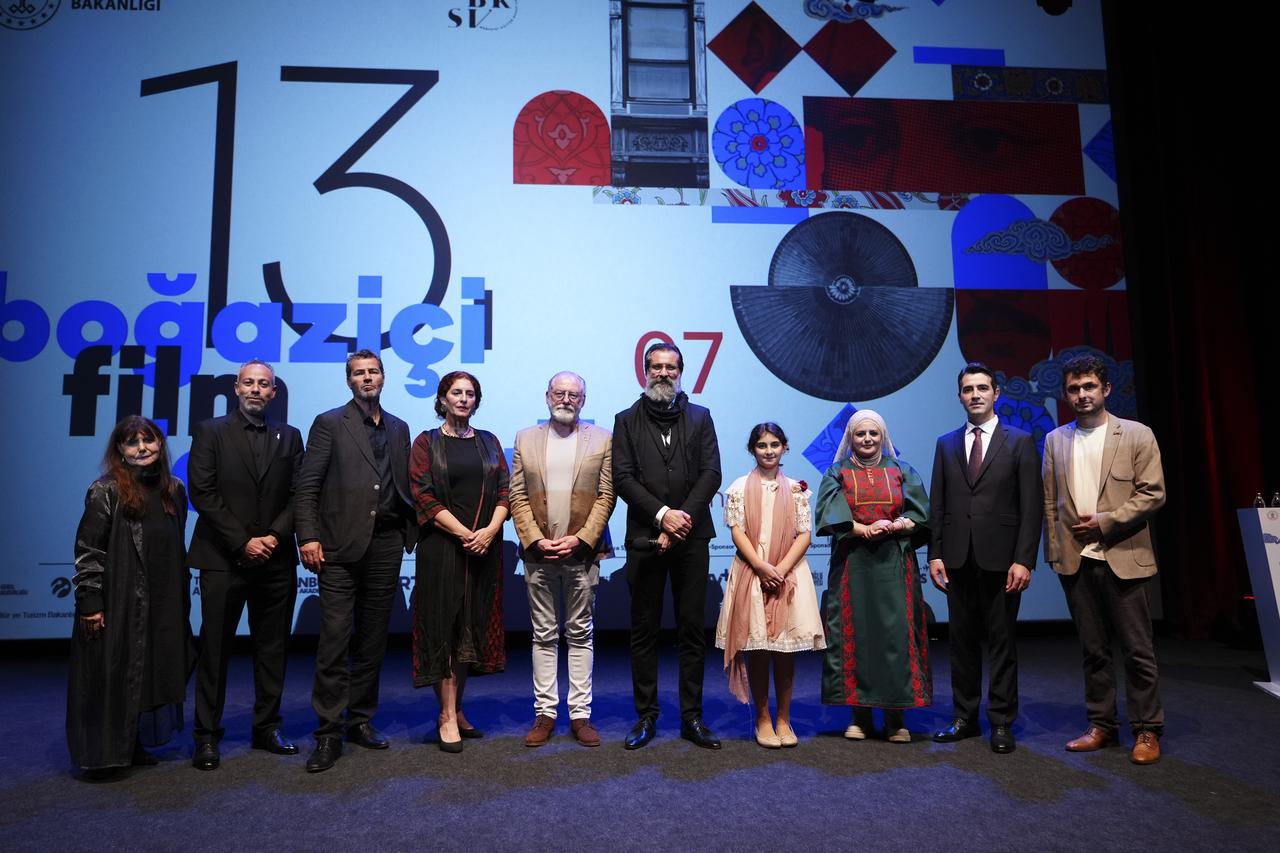
The 13th Bosphorus Film Festival opened in Istanbul with the screening of Palestine 36, placing the experiences and historical memory of the Palestinian people at the center of this year’s program.
Organized by the Bosphorus Culture and Arts Foundation with the support of Türkiye’s Ministry of Culture and Tourism, the festival welcomed filmmakers, actors, and industry figures at Atlas 1948 Cinema, with Anadolu Agency serving as the Global Communication Partner.

Türkiye’s Deputy Minister of Culture and Tourism Batuhan Mumcu stated that the country will continue to speak out regarding the situation in Palestine. He emphasized that Türkiye does not remain silent in the face of what has been described as atrocities and highlighted the role of cultural platforms in shaping awareness. Mumcu described the Bosphorus Film Festival as one of Türkiye’s cultural brands, representing both artistic creativity and a sense of moral responsibility.
Festival President Ogun Sanlier underlined cinema’s unique power to foster understanding and emotional connection. He explained that this year’s program includes a curated Palestine selection composed of three feature films and two documentaries.
Alongside screenings, the festival features free public masterclasses—including sessions with actor Saleh Bakri and Indian director Anupam Barve—and industry panels on co-production and film export strategies.
Artistic Director Enes Erbay stated that the festival sees cinema as a language of witnessing, and opening with Palestine 36 reflects a commitment to acknowledging lived realities.
Director Annemarie Jacir explained that the film was produced at a time of profound tragedy and uncertainty. The crew initially planned to shoot entirely in Palestine, but extensive destruction forced them to rebuild locations and props, including period-specific settings and objects. Despite repeated halts and relocations, the film was ultimately completed in Palestine, driven by determination and the need to preserve narrative memory.

Actor Saleh Bakri described the film as a personal form of resistance. “I fight this war through my art. My body, my soul, and my art are my weapons,” he said, adding that performing allowed him to reclaim a sense of freedom he could not experience under occupation.
Actor Liam Cunningham emphasized the moral responsibility to maintain protest and solidarity until Palestine achieves internationally recognized statehood, stating that the present moment has shifted global awareness to a degree that makes denying Palestinian nationhood increasingly untenable.
Producer Cat Villiers highlighted the importance of accurately depicting both Palestinian and British perspectives within the story, including attention to costume design, military representation, and archival detail. Producer Ossama Bawardi noted that the project aimed not solely at arthouse audiences but also at broader global viewership. The goal, he said, was to offer audiences context for present-day realities.

Representatives from TRT noted that supporting works that document or reflect upon events in Gaza aligns with a commitment to preserving testimonies, particularly in memory of journalists who lost their lives reporting from the region.
The festival continues across multiple venues in Istanbul, presenting national and international competitions, masterclasses, talks, and special screenings through November 14. Attendees at the opening screening of Palestine 36 responded with messages of solidarity and remembrance.